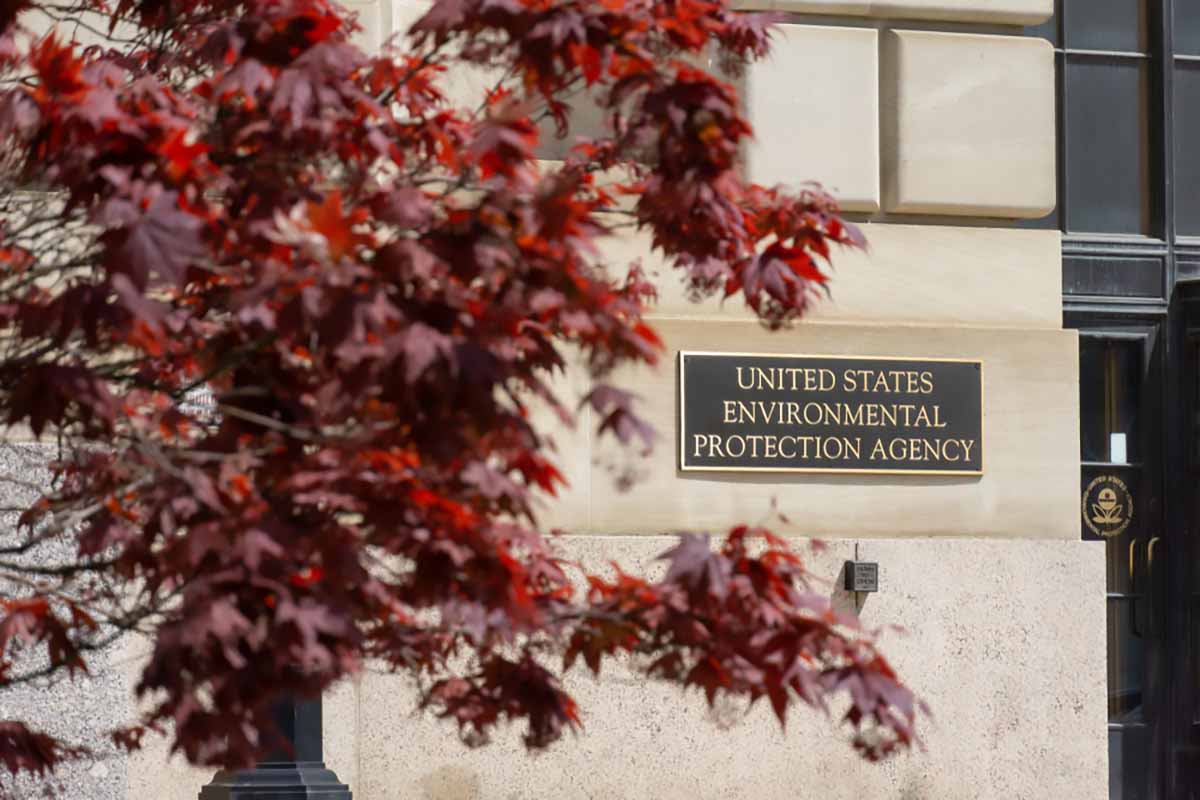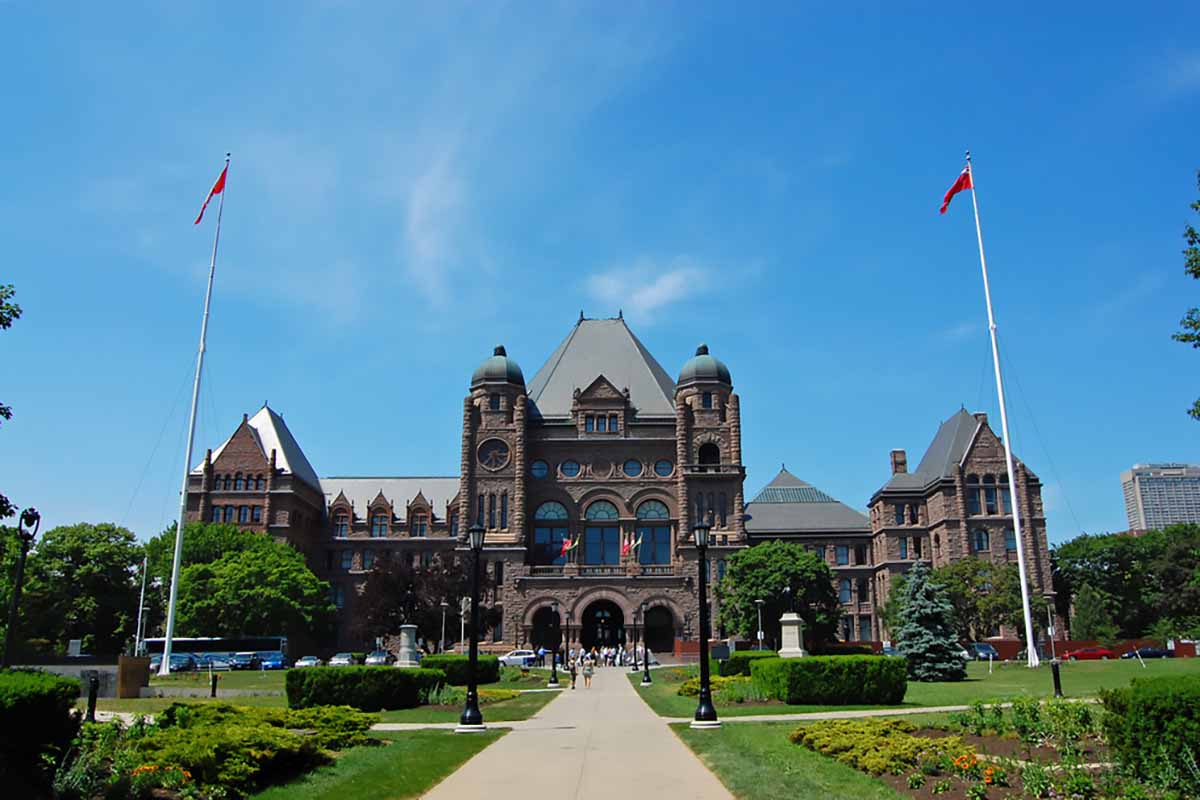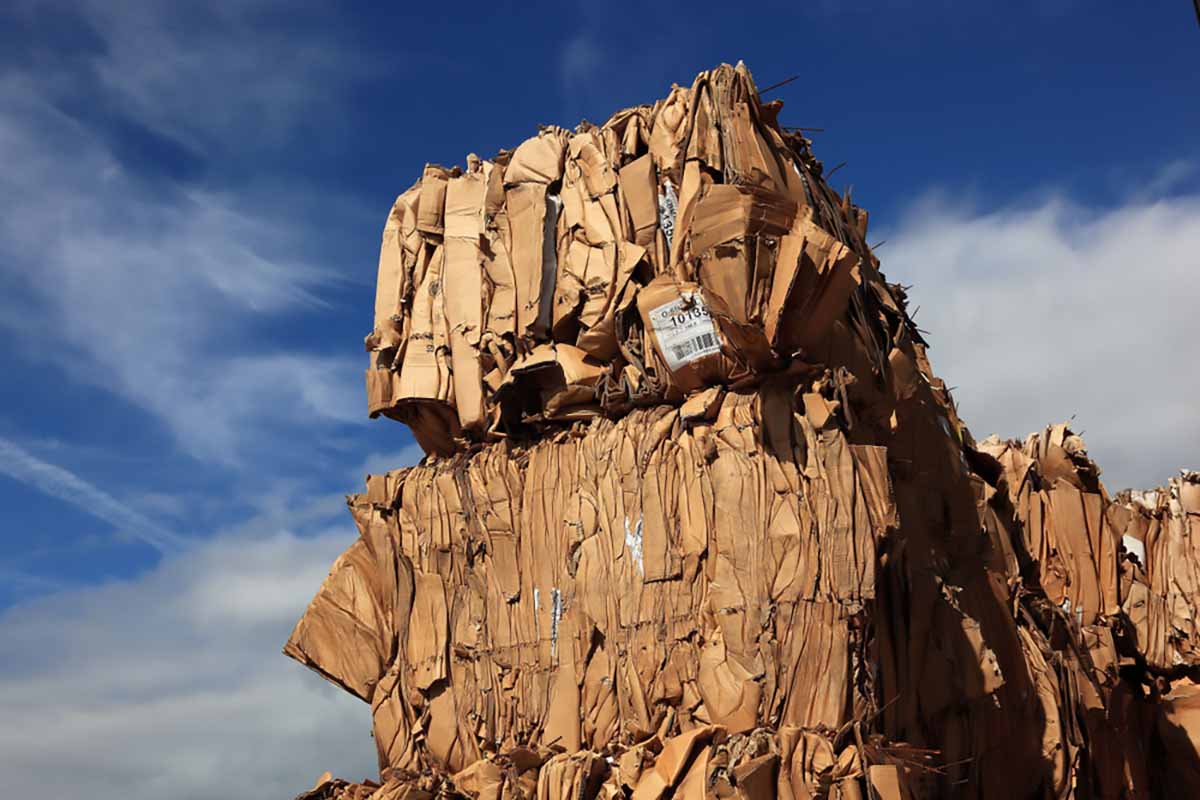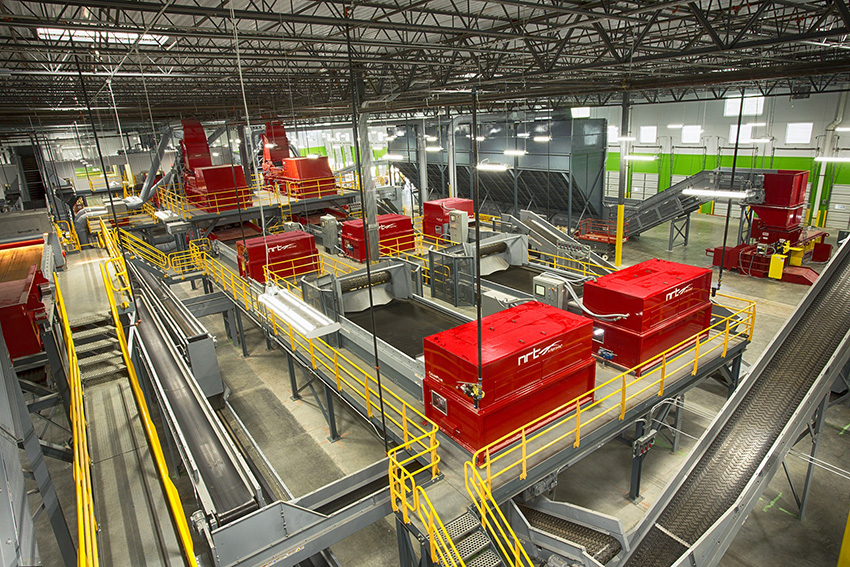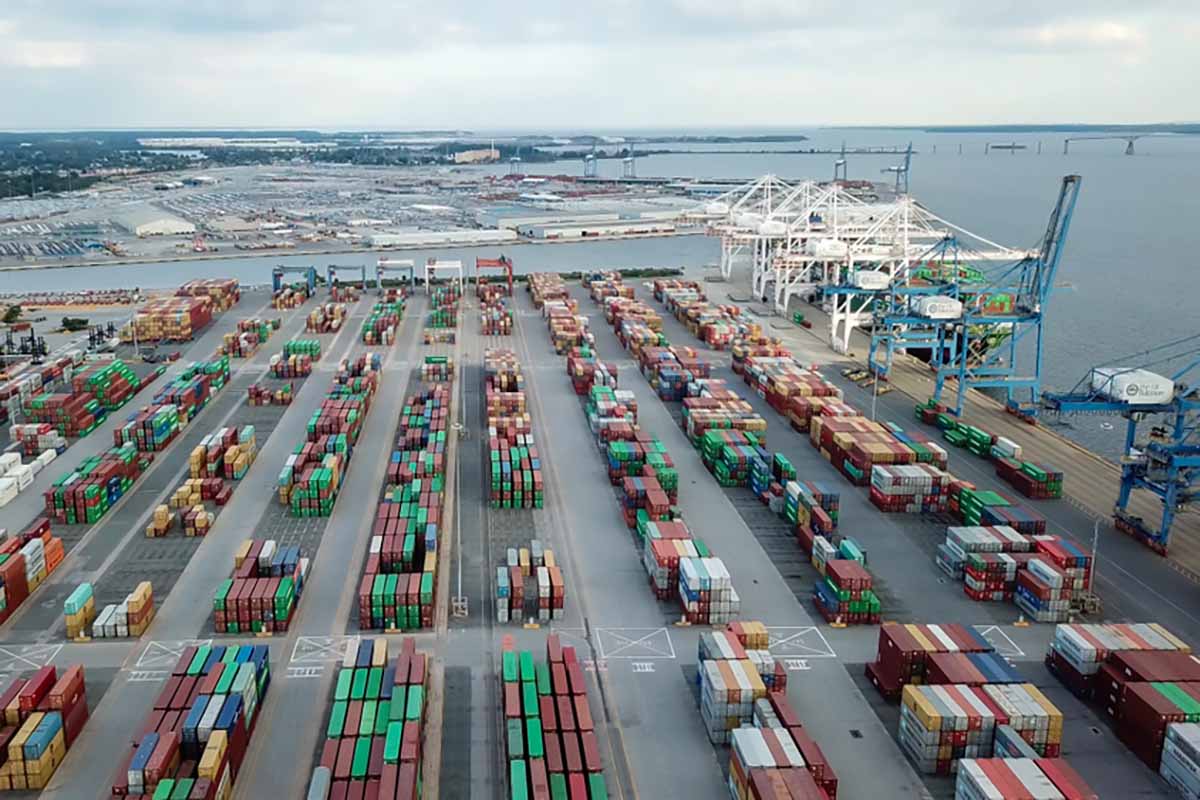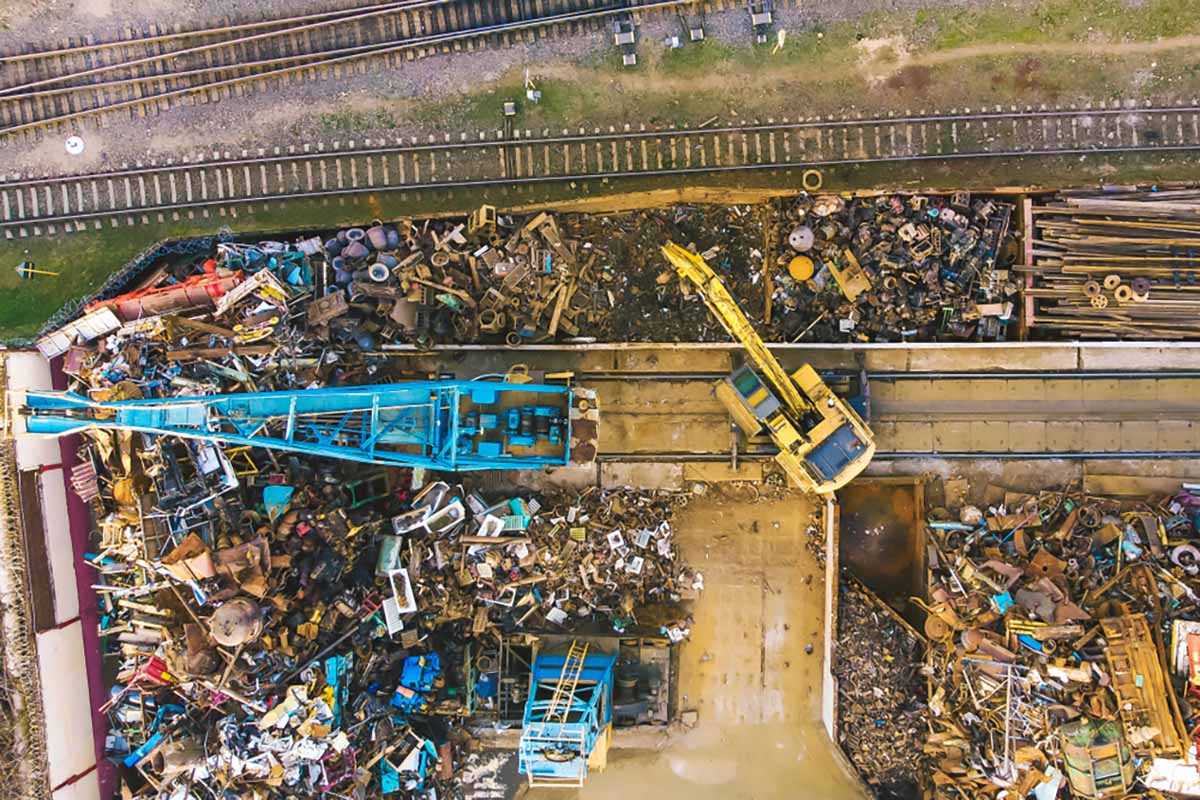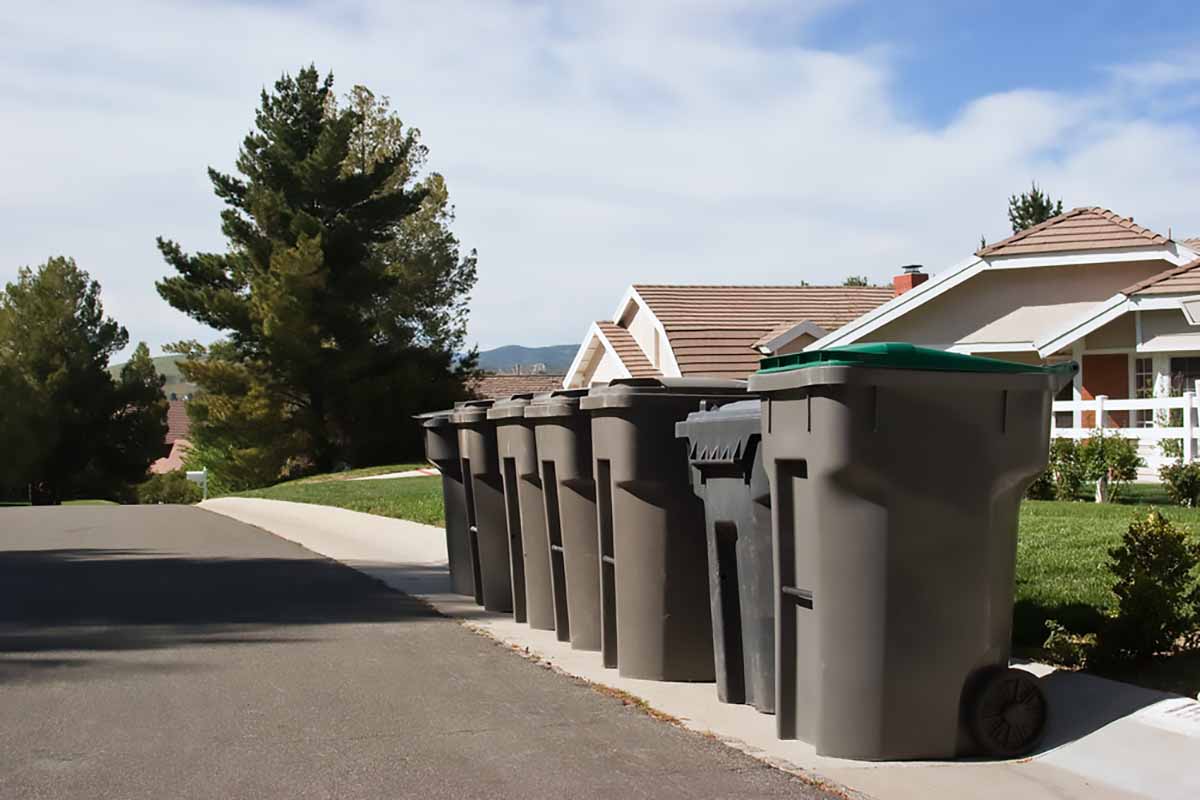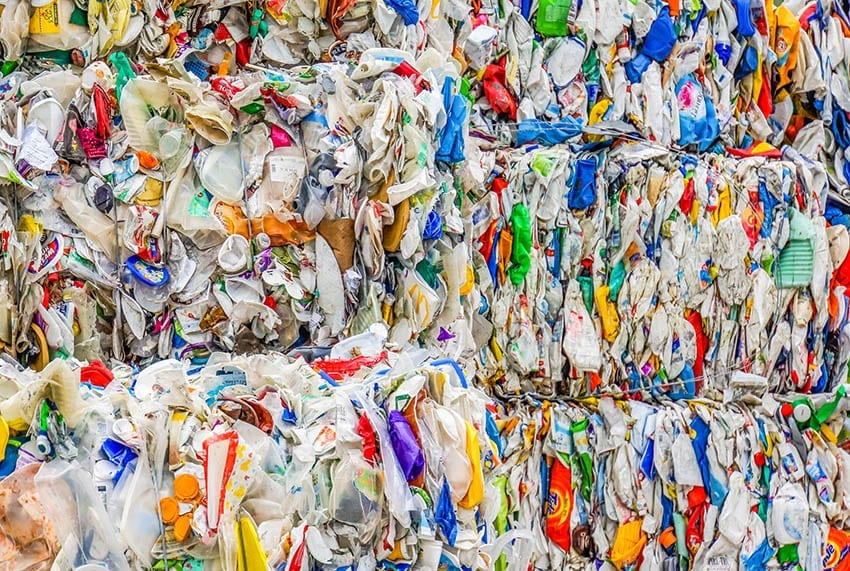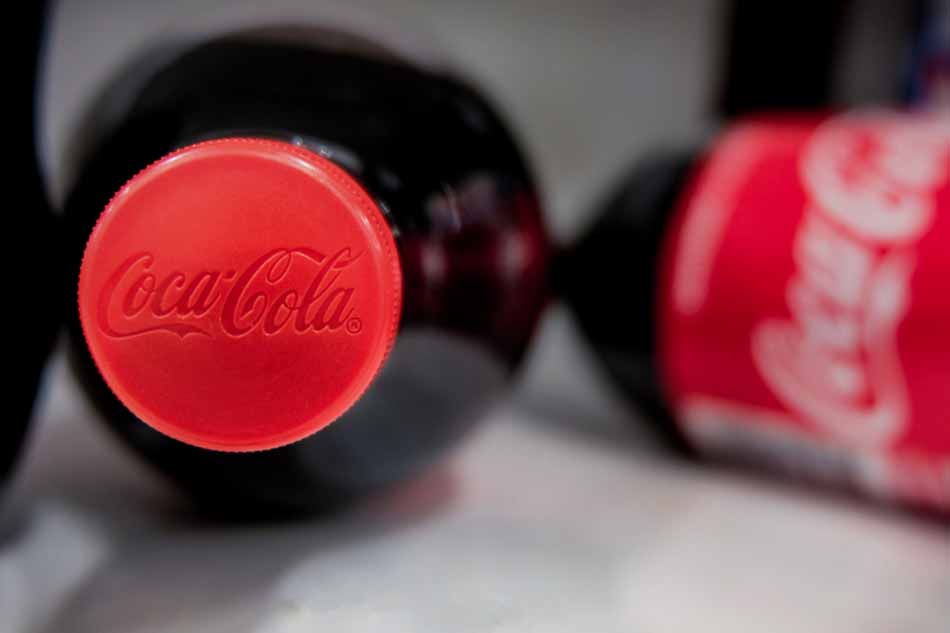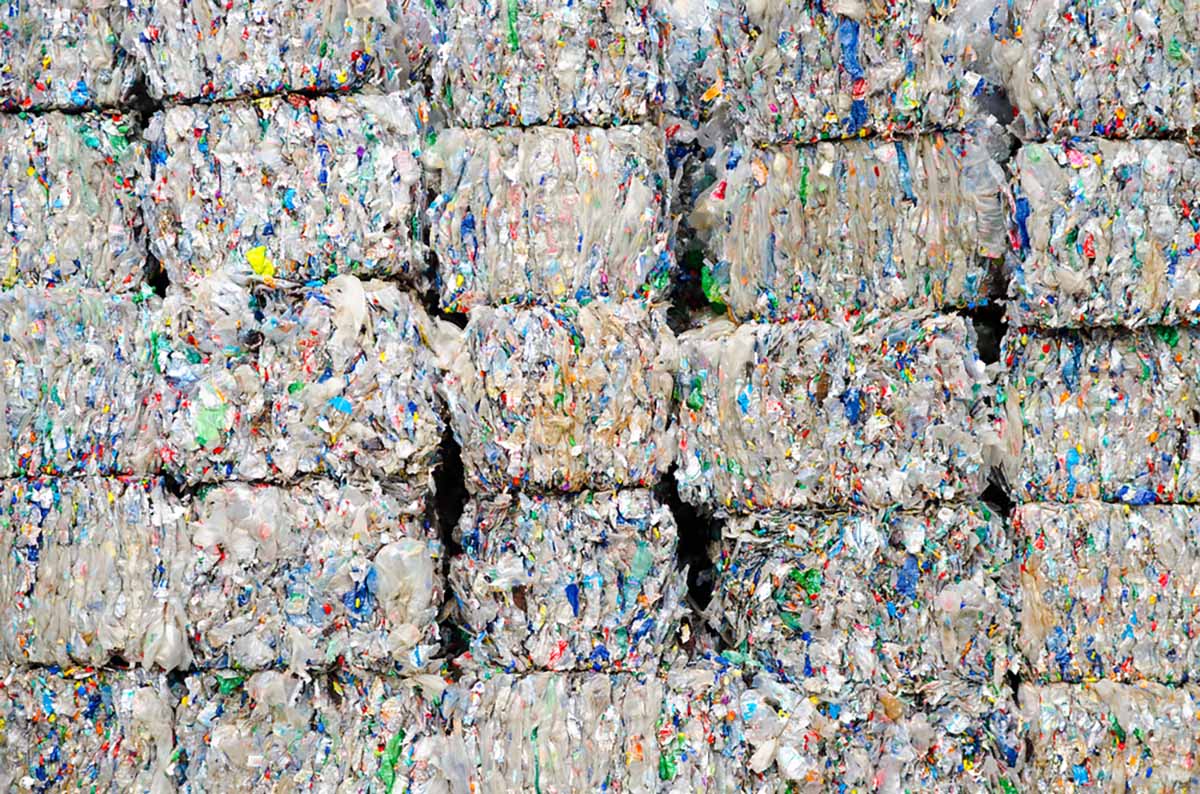
More than 100 employees will be hired to work at Brightmark’s upcoming $680 million Georgia plant. | Frank Fiedler / Shutterstock
Brightmark recently announced it will build a second facility bringing in mixed plastics for chemical recycling. To be located in Georgia, the plant will have a processing capacity of 800 million pounds per year.


 Colin Staub is a reporter at Resource Recycling. He can be contacted at
Colin Staub is a reporter at Resource Recycling. He can be contacted at 